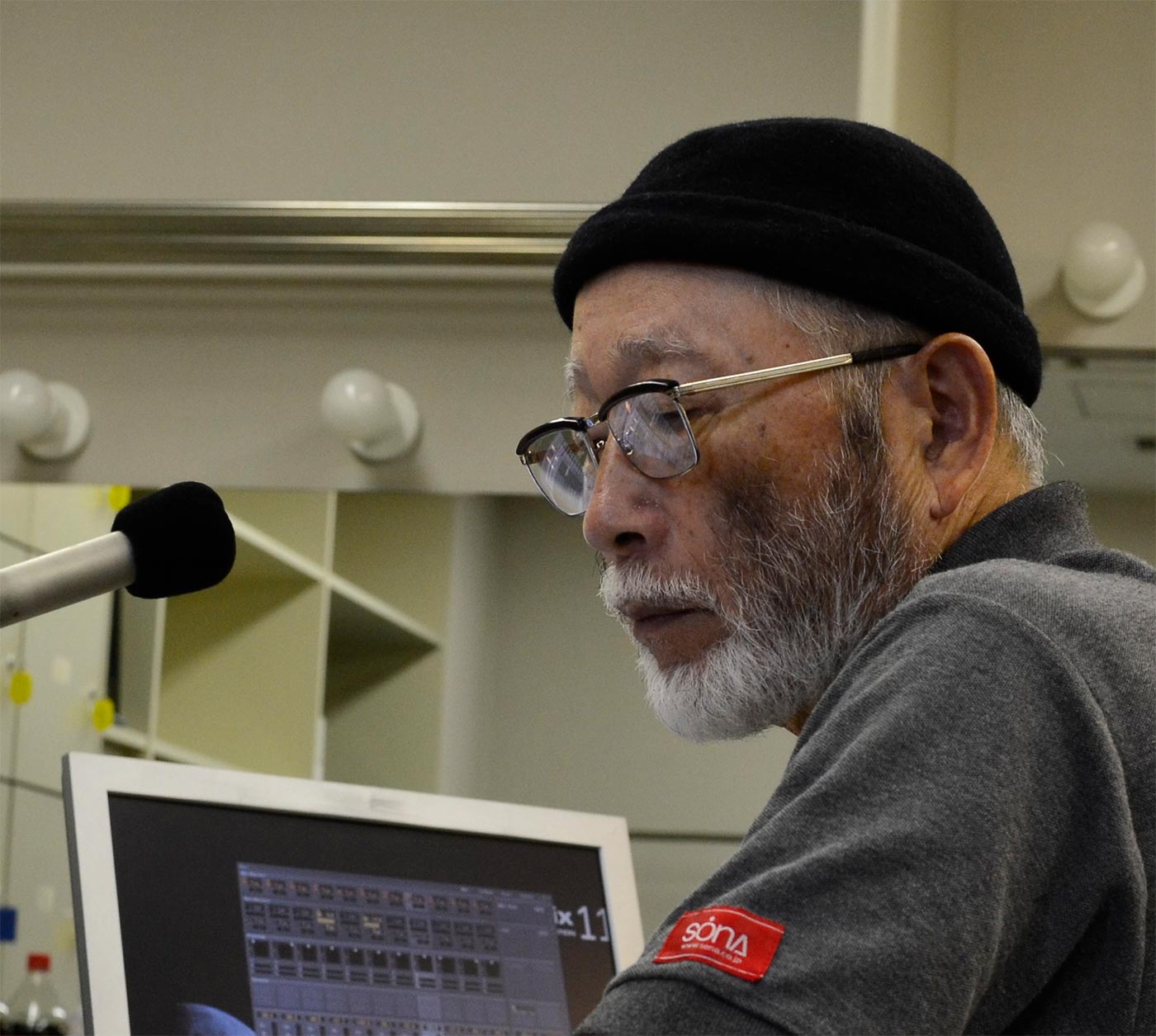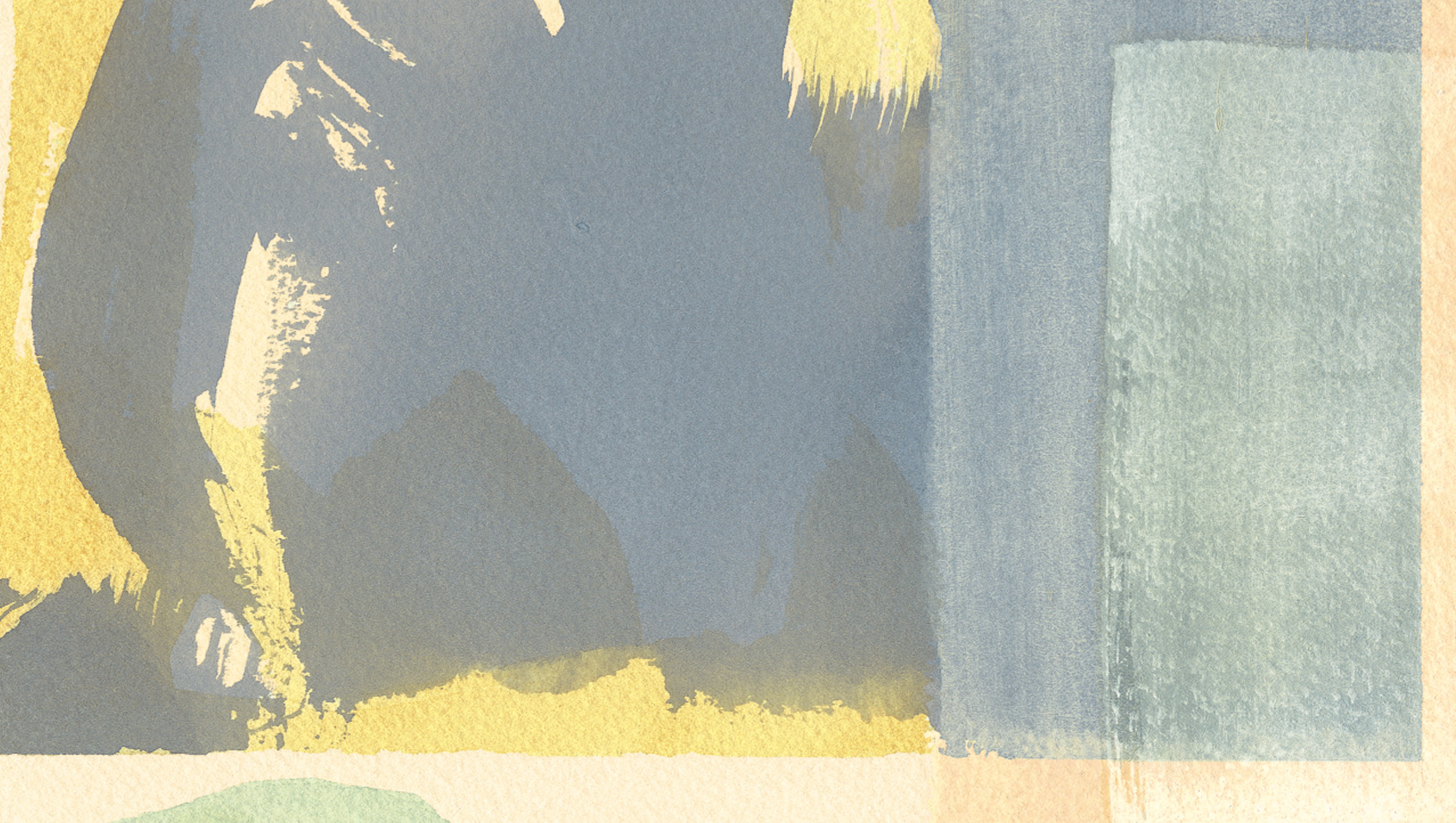
When I was young and so beautiful
Shintaro Mieda x Tomomi Oda
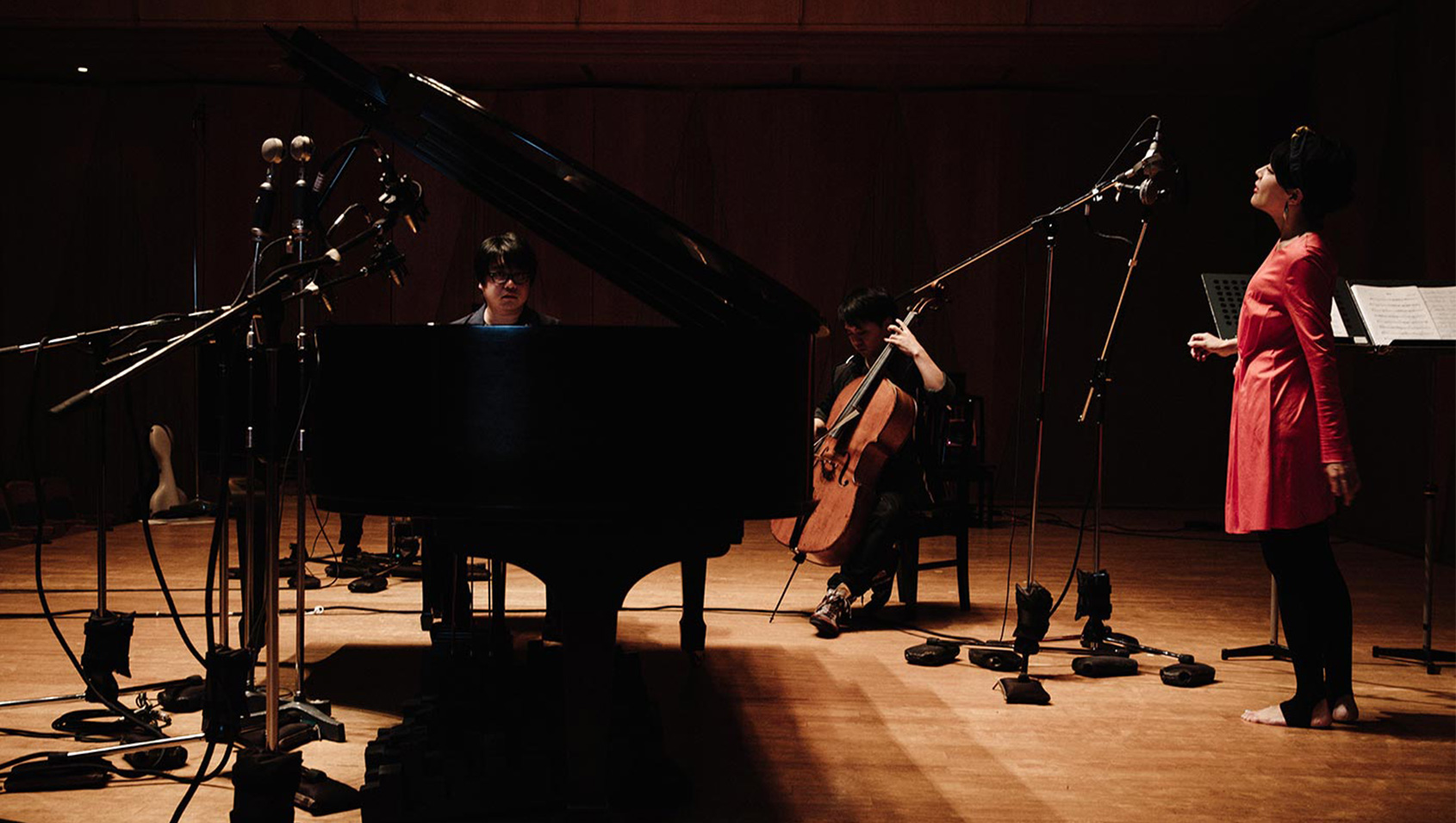
When I was young and so beautiful
Shintaro Mieda x Tomomi Oda
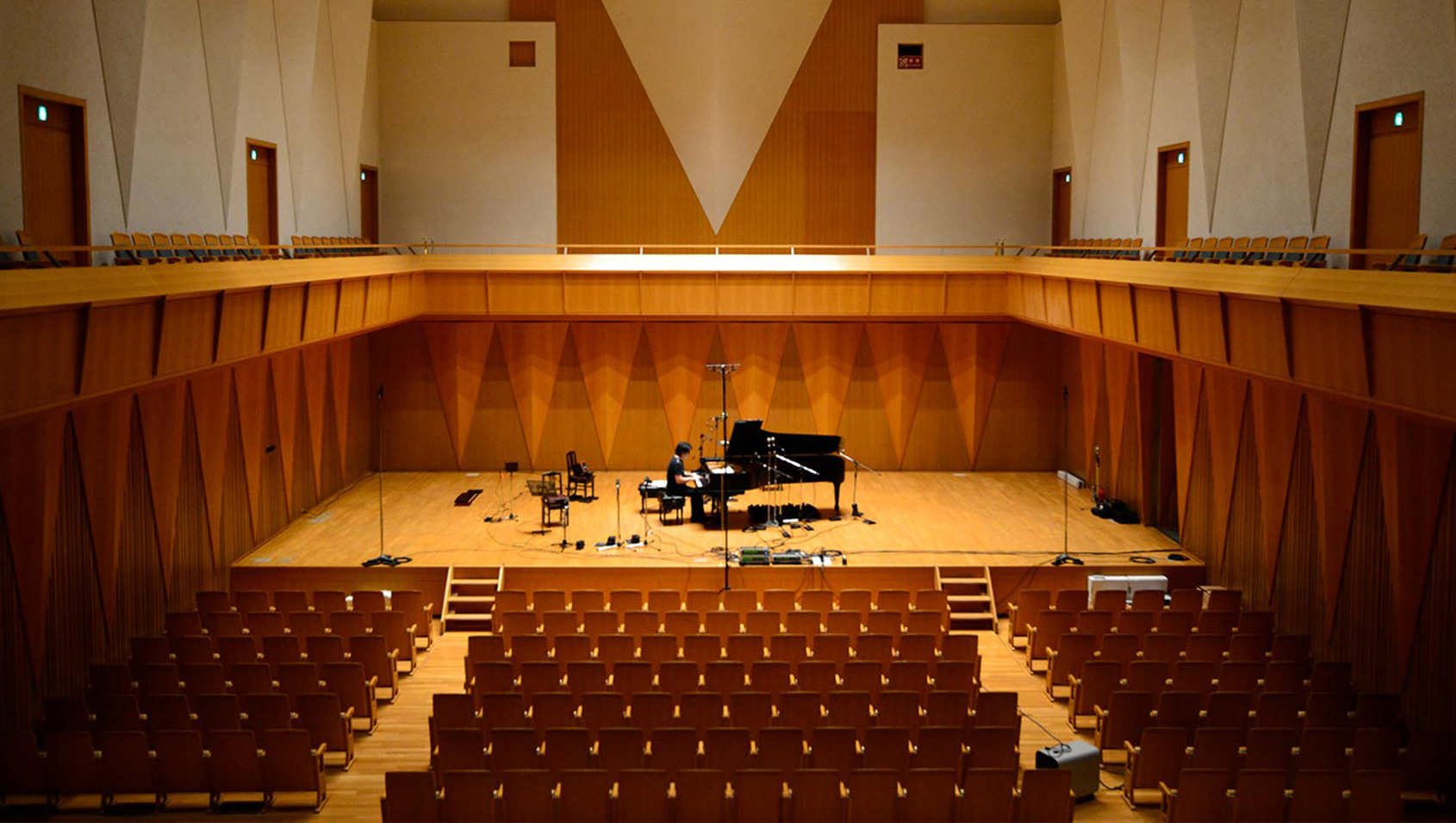
When I was young and so beautiful
Shintaro Mieda x Tomomi Oda
Historically the concept of "voice" is inseparable from poetry, and this ambitious album imbues words with musicality.
A single phrase to describe this work would be "literary music" or, perhaps if expressed differently, "musical literature." Indeed, the very concept of poetry--a cultural art form which is believed to have existed even before the usage of written language--was originally an amalgamation of voice and song. This time around, Tomomi Oda has rediscovered the enchanted allure of poetry, and her captivating vocals are featured on the album Shintaro Mieda Orquesta de la Esperanza on RME Premium Recordings. Although her talents are the voice behind the conventional music of the WOWOW drama series Spring Has Come, in this recording there is no rigidness or formality to be found. Throughout the recording process new expressions were revealed with each song, and in the finished work poetry etched in words blooms to life and animates spontaneously. With the support of pianist Shintaro Mieda, the effect is a sonic facsimile that captures the texture felt by fingertips when caressing and turning the parchment leaves of a poetry collection.
Capturing the worlds of Shintaro Mieda and Tomomi Oda is none other than Mick Sawaguchi, who achieved the remarkable feat of winning the Professional Music Recording Award for three consecutive years. He consistently forges new frontiers by building upon thorough noise reduction techniques and utilizing high-quality 192kHz / 32bit recording. His daring and innovative technical approach to recording vocals also extends to using omnidirectional digital microphones. The 5.1 surround sound delivers an adventurous listening experience distinct from what the listener hears from the standard 2-channel version. In addition to this technique, an analog mix was also recorded in DSD using the RME ADI-2 Pro, serving as an experiment to capture the same performance through different aural perspectives.
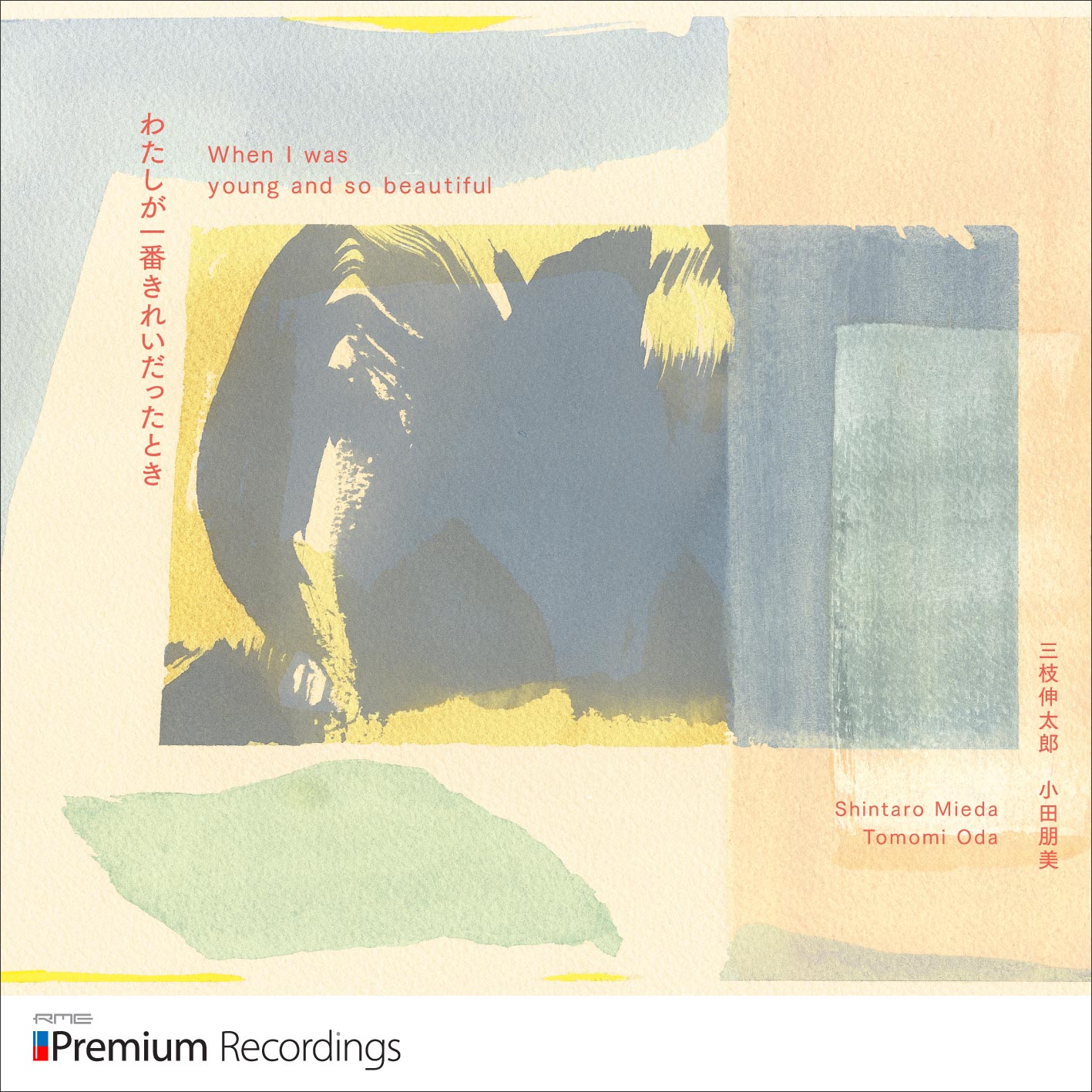
『When I was young and so beautiful』
Shintaro Mieda x Tomomi Oda
Available for streaming and purchase on March 21st, 2018
buy at e-onkyo music buy at iTunes
buy at e-onkyo music
buy at e-onkyo music
buy at e-onkyo music
buy CD
The CDs are mastered in HPL and MQA so the music is in high-resolution 3D which can be played on a normal CD player. If your player supports MQA, it automatically decodes the CD so you can enjoy the music at PCM 176.4kHz/24bit. If your player does not support MQA, you can still enjoy the music at 44.1kHz/16bit in the normal CD format.
The CDs have been fine-tuned with HPL processing so you can enjoy realistic sound, whether via binaural listening over headphones or over normal stereo speakers.
(When using speakers, we recommend a listening environment with as little reflected sound as possible.)。
MQA-CD is a breakthrough audio technology that allows music fans to stream original master recordings into their home, car, or on their mobile device. This award-winning British technology is based on the latest neuroscience research and it captures every element of a recording’s resolution and energy.
Capturing this level of detail recreates a natural sound of the audio source, enables enabling the listener to perceive the instruments and performers vividly through a rich and immersive audio experience and build a sonic 3D picture that captures the depth of the sound.
MQA’s proprietary “origami” enfolding technology makes sure the data containing the musical information is packaged efficiently and that it retains all the information from the studio recording.
Track List
| 1 | When I was young and so beautiful | Lyrics : Noriko Ibaraki, Music : Shintaro Mieda |
| 2 | May I Sing? | Lyrics : Shuntaro Tanigawa, Music : Shintaro Mieda |
| 3 | One Day | Lyrics : Shuntaro Tanigawa, Music : Shintaro Mieda |
| 4 | About Space Food | Lyrics : Makoto Nagaku, Music : Shintaro Mieda |
| 5 | Love and Pity | Lyrics : Sakutaro Hagiwara, Music : Shintaro Mieda |
| 6 | Blanca | Music : Tomomi Oda |
| 7 | Tomorrow | Lyrics : Mikirou Sasaki, Music : Shintaro Mieda |
| 8 | Rain Song | Lyrics : Tomomi Oda, Music : Shintaro Mieda |
| 9 | B for Brazil | Music : Shintaro Mieda |
| 10 | El pilla-pilla | Music : Tomomi Oda |
| 11 | To the North | Lyrics : Mizuki Misumi, Music : Tomomi Oda |
| 12 | Footprints | Lyrics, Music : Shintaro Mieda |
Credits
- Shintaro Mieda : Piano
- Tomomi Oda : Vocal
- Masabumi Sekiguchi : Cello #6.10.11
- Recording Date & Location :
October 5-6, 2017
Mitaka City Arts Center Kaze no Hall - Recording, Mixing, Editing, Mastering :
Mick Sawaguchi(Sawaguchi Music Studio) - Recording Format :
PCM 192kHz / 32bit (Float)
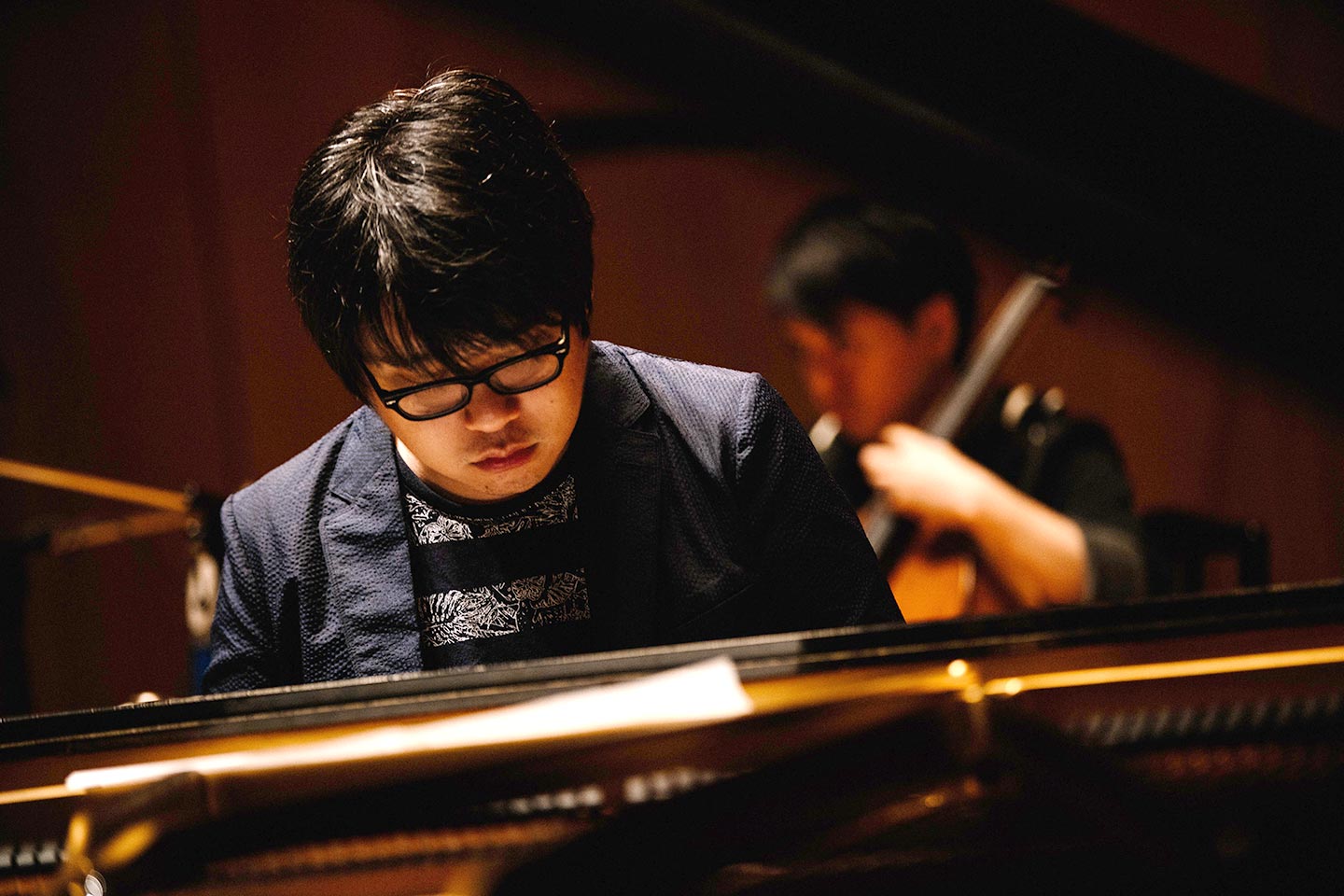
Shintaro Mieda (Composer, Arranger, Pianist)
Shintaro Mieda was born in 1985 in Kanagawa Prefecture and raduated from the Composition Department of the Graduate School of Tokyo University of the Arts. As a pianist specializing in the Argentinian tango style, he has participated in concerts, tours, and recordings with the bandoneon player Ryohta Komatsu since 2008More recently he has broadened the scope of his musical activities beyond tango to various genres including jazz, pop, and Brazilian music. As a composer he has written songs for singers, worked on music for movies, theater, and dance performances, and been involved in many other projects.In the field of film music he has contributed to projects such as I Was There and Promised Not to Forget and Ah... Kako. In 2017 he served as the musical director for the chanson album Encounter: Singing Michiko Fusayama sung by Kabuki actor Tamazaburo Sakata. As for performing ensembles, he has been active as a member of the Kitanaoki Quartet and Tango-jack. In 2014, he formed the Shintaro Mieda Orquesta de la Esperanza, a group that primarily performs his own original compositions and through which he continues to release innovative works that encompass elements from modern tango, jazz, and contemporary music.
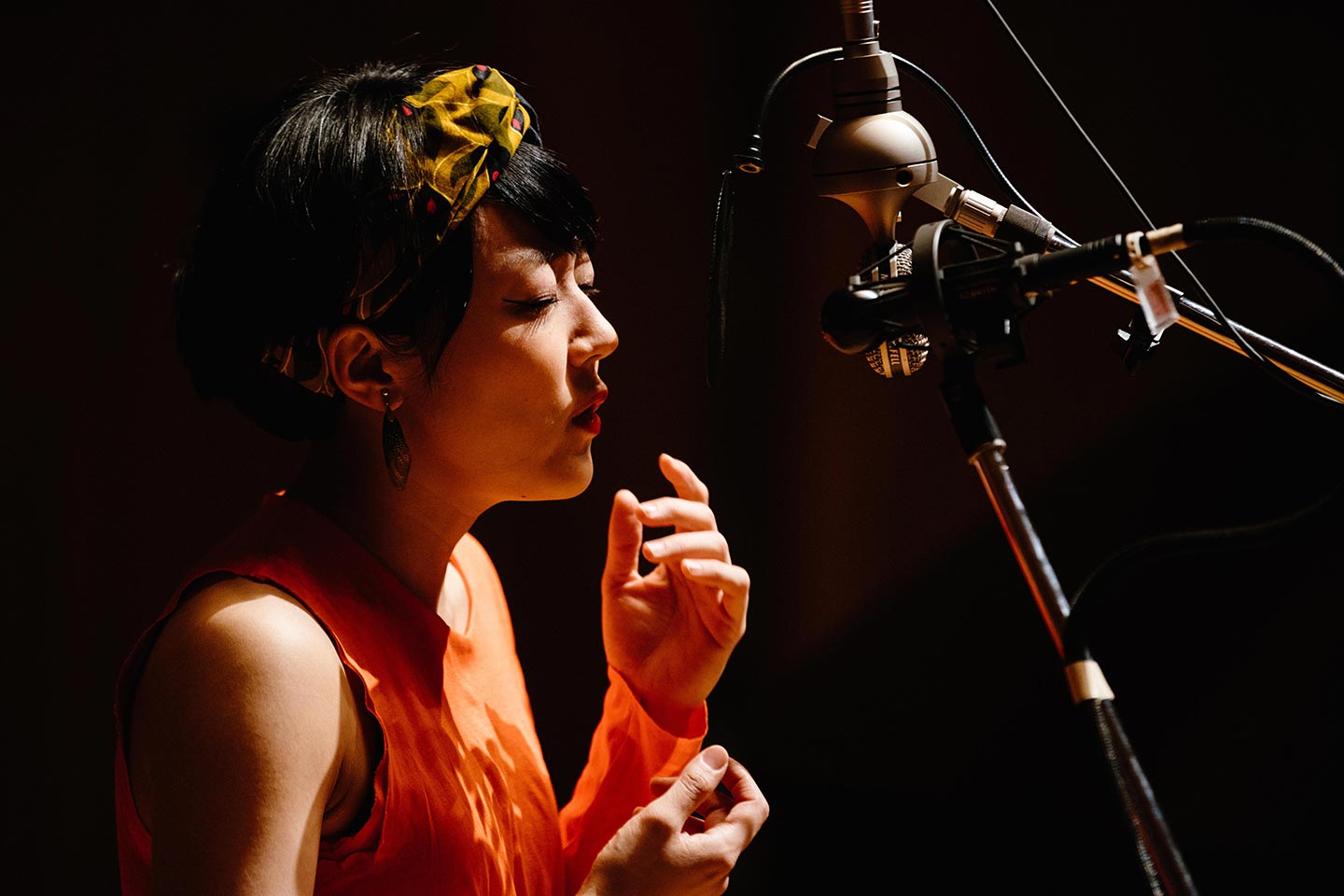
Tomomi Oda (Composer, Arranger, Vocalist)
Tomomi Oda was born in 1986 in Kanagawa Prefecture and graduated from the Composition Department of Tokyo University of the Arts. A multi-talented musician, she is active as a composer, vocalist, and pianist. In addition to her solo work, she is the vocalist for the musical group CRCK/LCKS, keyboardist for DC/PRG, live performance support member for cero, composer for the collaborative group VOICE SPACE which focuses on poetry and music, and pianist for performances held across Japan with Nidaime Takahashi Takeyama who is the master of the Tsugaru Shamisen, a traditional stringed Japanese instrument. Her diverse career also involves producing music for visual media such as commercials and dramas. In 2013, she released her first album Shaman Hunting (co-produced by Shinko Kikuchi), and in 2017, she released the mini-album Goodbye Blue. She collaborated with Shinko Kikuchi on the music for the film Dynamite Graffiti and composed music for the WOWOW drama series Spring Has Come in 2017.
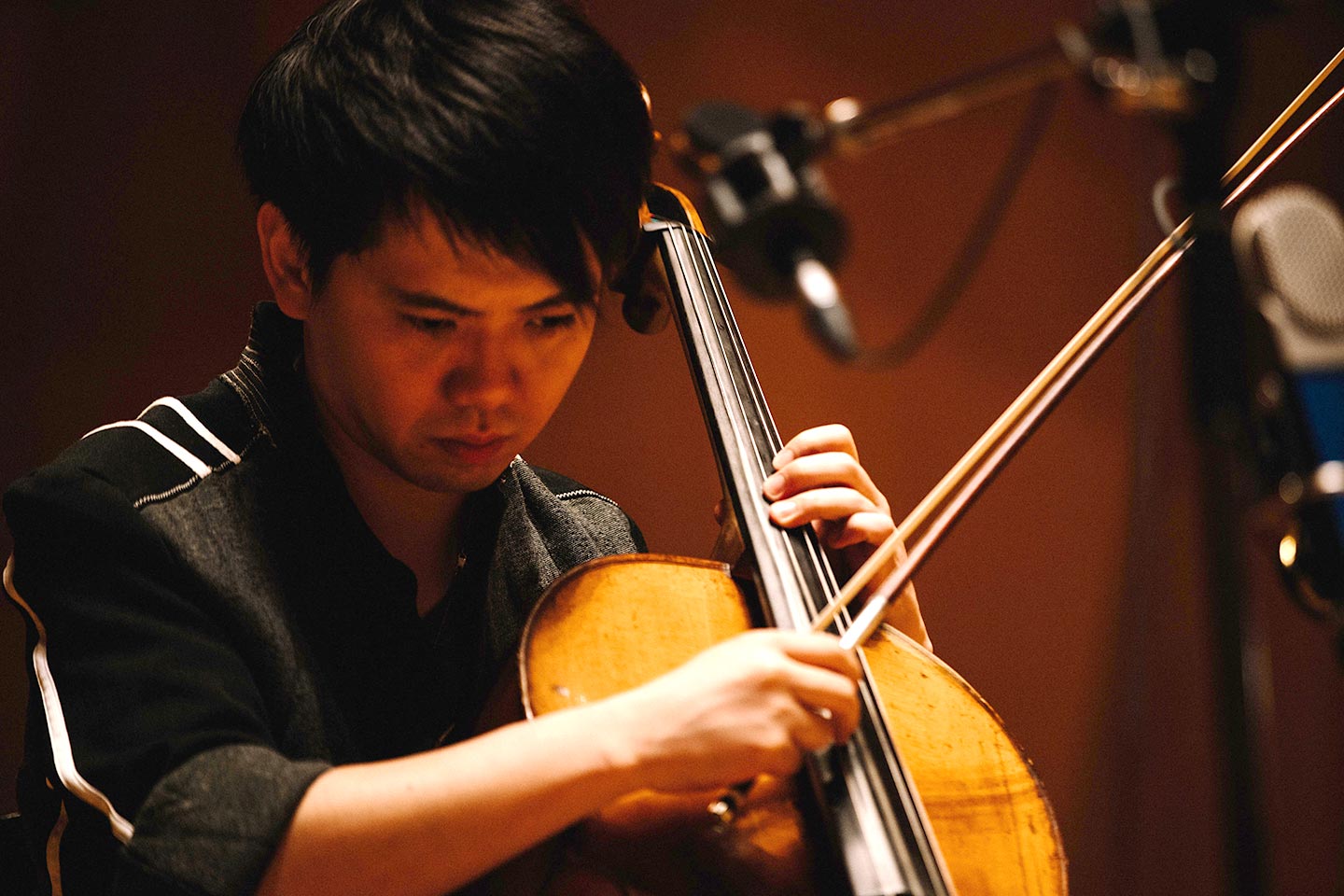
Masabumi Sekiguchi (Cello)
Masabumi Sekiguchi was born in Tokyo in 1983 and graduated from the Tokyo Metropolitan High School of Arts, and later from the Instrumental Department of Tokyo University of the Arts. His musical studies began when he started playing the cello at the age of 3. As a cellist, he is involved in a wide range of musical endeavors including studio work, performing as a supporting musician for various artists, arranging, and audio recording. He is the leader of the instrumental post-rock band Ja3pod. He is also a member of Kikuchi Naruyoshi and Pepe Tormento Azcarar, phonolite strings, and VOICE SPACE. He has participated as a supporting artist for a wide range of artists including Tomomi Oda, Natsuyasumi Band, Mononkuru, cero, Reisaburo Adachi, Mugi Furukawa, Sho Nakamura, Utsukushiki Hikari, kaco, and more.


